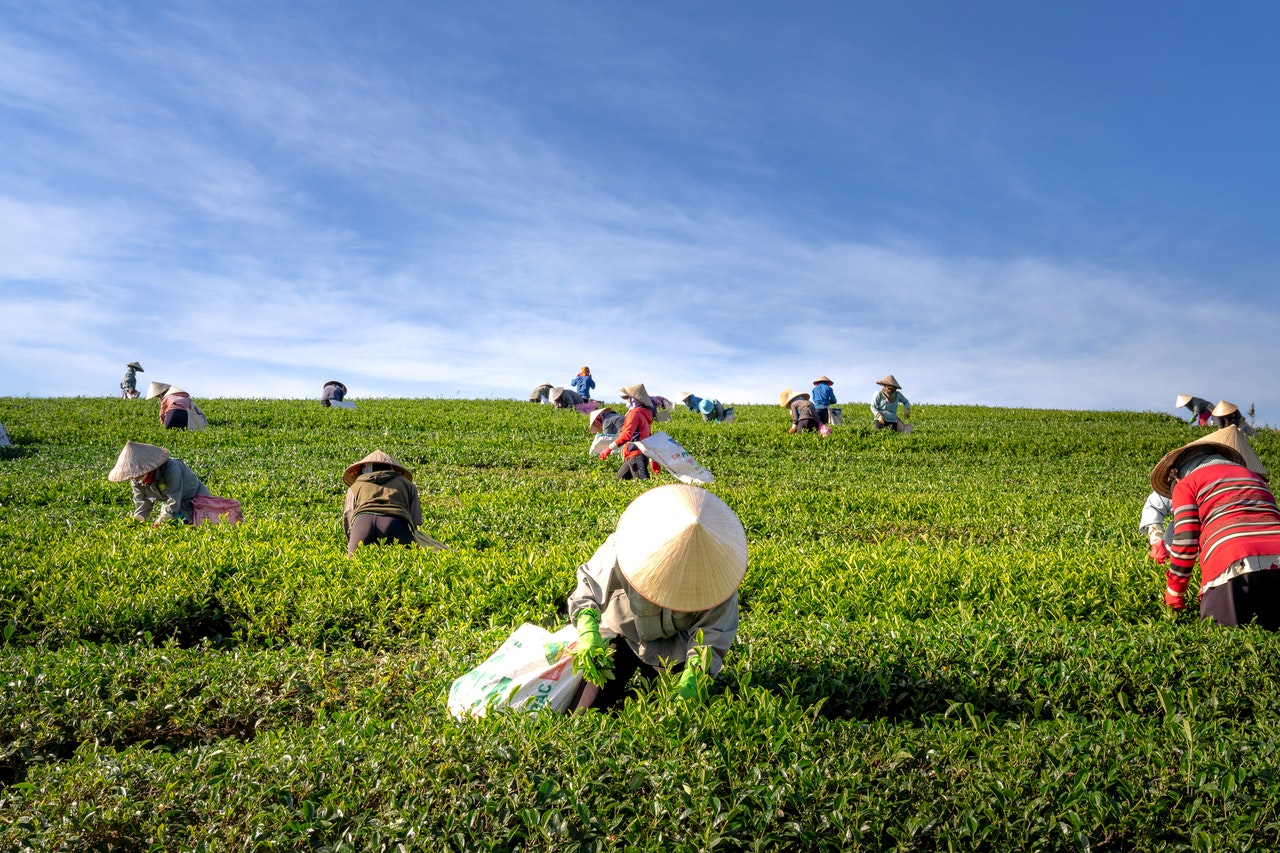Canada News
Canada’s agricultural policies need to better serve local farmers and communities

In the last two decades alone, Canada has lost nearly 150,000 farmers with the current population standing at just 260,000. Barriers to farming need to be addressed to mitigate this loss. (Pexels photo)
Canada’s current agricultural production model is unsustainable and in desperate need of reform. A range of issues plague the current system, including corporate consolidation, farmland concentration in the hands of non-farmers and foreign buyers, pollution and animal welfare issues, as well as soil erosion and the poor treatment of migrant workers.
The loss of farmers in Canada is exacerbating these problems, with the farming population shrinking and aging significantly. In the last two decades alone, Canada has lost nearly 150,000 farmers with the current population standing at just 260,000. Of those remaining, only 8.5 per cent are under the age of 35 years.
This trend reveals that few young people from farming families are choosing to stay in farming, and those from non-farming backgrounds face obstacles like high costs and a lack of training.
While the farming population represents only a small percentage of the overall population, the impact of these issues extend far beyond the agricultural community. Current social crises, including biodiversity loss and food inaccessibility, affect everyone.
New report on agriculture
One of Canada’s leading agriculture research institutions, the Arrell Food Institute at the University of Guelph, released a report in April in collaboration with the Royal Bank of Canada and Boston Consulting Group with suggestions for transforming Canada’s agriculture sector.
The report advocates for a national policy strategy to help Canada become a global leader in productivity enhancing automation and in low carbon, sustainable food production.
The report has some highlights, like emphasizing the importance of improving immigrant opportunities in agriculture. It recommends providing permanent status to 24,000 farm workers and 30,000 farm operators over the next decade. This could improve opportunities for thousands of temporary foreign workers who are a crucial part of our food system.
However, the report falls short in a number of ways. It fails to address industry consolidation and doesn’t question the underlying assumption that large-scale commodity production for export is the only production system that matters.
Instead, it advocates for more capital-intensive automation and mechanization in line with the longstanding “bigger is better” agriculture policy of the past fifty years. Envisioning farming as hyper-specialized, where specializations only converge in a marketable product, misses critical aspects of farming knowledge.
Expensive technology costs continue to disproportionately benefit large agri-business corporations, with farmers receiving only marginal benefits for their investments, alongside a mountain of debt. The recommendations, as they stand, will only lead to further consolidation of power and land inequality.
Searching for solutions
Rather than focusing on automation and technology that may displace new farmers, agricultural innovation should be farmer-led, meaning research is aligned with real challenges experienced by farmers.
Farmer-researcher Eric Barnhorst, for example, conducted research on regenerating fallow fields with the Ecological Farmers Association of Ontario in 2022. He found that the cover crop method increased active carbon in the soil — a key indicator of soil health and regeneration potential.
Technology, if not carefully implemented, can make our systems more fragile, as seen with modern types of tillage that increase soil erosion. Instead, we should incentivize methods grounded in Indigenous stewardship customs that have maintained and improved soil health for centuries, like cover cropping, intercropping and mixed-use cropping.
There should be room for the promotion of agro-ecological and organic farming practices. This sort of production could make it possible for more diverse farmers to succeed, and for a greater variety of products distributed into local markets. Recent disruptions in the food supply chain have highlighted the importance of local food production.
Rather than treating agriculture fields as industrial factories, an alternative approach would involve encouraging more regenerative practices and cultivating a new generation of farmers integrated in their communities who know the land intimately.
Supporting young farmers
Moving forward, there is a pressing need for policies that promote sustainable farming practices, support the next generation of farmers, and address the systemic issues contributing to the current crisis in agriculture.
Without policies that address the growing barriers in Canadian farming, it will become more difficult for new farmers to thrive, no matter how much immigration, education or automation we invest in. New young farmers require mentorship, public investment in research and advisory services, financial security to invest and, critically, access to good farmland.
How these potential farmers will gain access to farmland with current land prices soaring past $25,000 per acre and restrictive policies that limit smaller-scale farms was left unaddressed by the recent agriculture report.
Rethinking urban growth boundary expansion to include small-scale farming, as well as making it possible to sever 50 acre farm lots in rural municipalities would be a good place to start. Creating more farmland trusts to protect and make productive farmland accessible to young farmers without debt and interest costs could also help long term.
Urban agriculture training sites and interdisciplinary approaches to studying food production are necessary for young people living in the city to become future farmers. Agriculture should be integrated into multiple fields of study, ranging from engineering to the social sciences, at all levels of education so children know farming is a viable career path from the get go.
We should strive for a food system that better serves our communities which includes leveraging all possible strengths within the Canadian agriculture context.![]()
![]()
Richard Bloomfield, Assistant Professor in Management and Organizational Studies at Huron University College, Western University
This article is republished from The Conversation under a Creative Commons license. Read the original article.





















